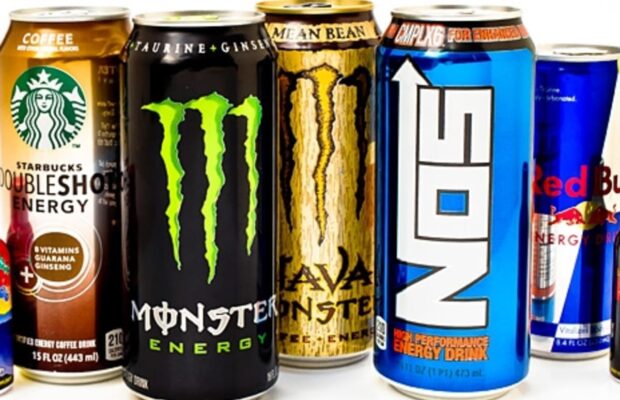Caffeine has a major effect on students

Caffeine is a stimulant found in many popular drinks, particularly things you drink in the morning, and for good reason. Caffeine provides a burst of energy that helps people wake up or stay energized, but caffeine is also considered a drug by the FDA, and just like other drugs, it is very easy to develop a caffeine addiction.
Caffeine is not usually considered to be like other things that are thought of when someone refers to drugs because most consume it on a daily basis without any negative effects, which is, for the most part, true. The FDA considers 400 milligrams of caffeine (that’s about four-five cups of coffee) to be generally considered not dangerous.
To help give insight into the prevalence of caffeine at the high school, 25 students gave their daily caffeine experience in response to a post in Schoology. The types of beverages consumed vary greatly with almost every student, but one thing that remains consistent is that the overwhelming majority of students have caffeine in the morning. How often caffeine is consumed also varied immensely, with responses ranging from every day, to once or twice a month.
While most said that they never had any negative effects, some students said they would experience shaky hands, tiredness, stomach aches, hyperness, sugar crashes and caffeine headaches.
Despite the overwhelming majority of students answering that they drink caffeine, many gave reasons that they tend to avoid it. Most responses simply stated that they avoided it to either study or sleep. “It can make me extra hyper, so I make sure to avoid it on test days when I need to focus or study,” sophomore Kamrin Rodgers said.
The most unique response in this category came from senior Evan Myers, who said he previously consumed energy drinks, but has since cut off relying on caffeine. “I used to drink a Monster a decent amount, and it’s unnecessarily sugary, and caffeine consistently raises your tolerance, so I restrict it to when I REALLY need energy.”
Multiple other students stated they simply avoided caffeine altogether. “I do it just to be sure I’m not addicted and to ensure I can unattach,” sophomore Prisha Tol said.
Whether or not you choose to avoid caffeine, it’s important to note that caffeine isn’t entirely bad. An energy boost is something that some people need to stay productive; however, it’s arguably more important to not normalize being addicted to energy stimulants and that caffeine is very important to keep in moderation.









You must be logged in to post a comment Login